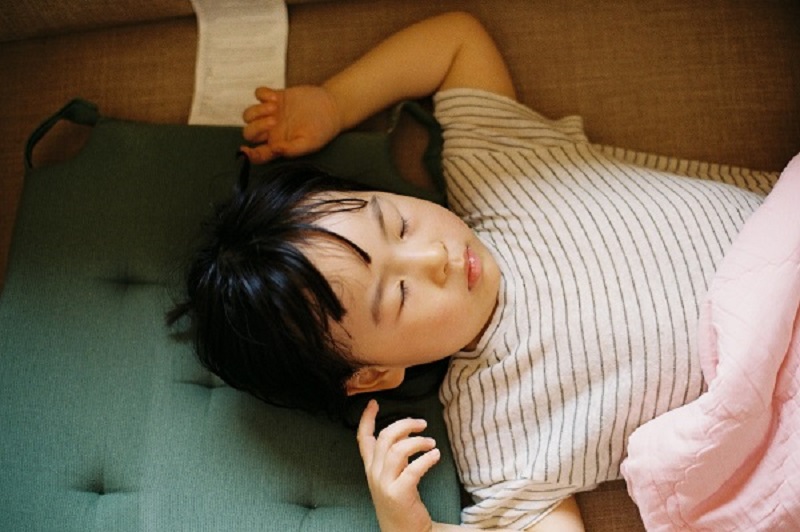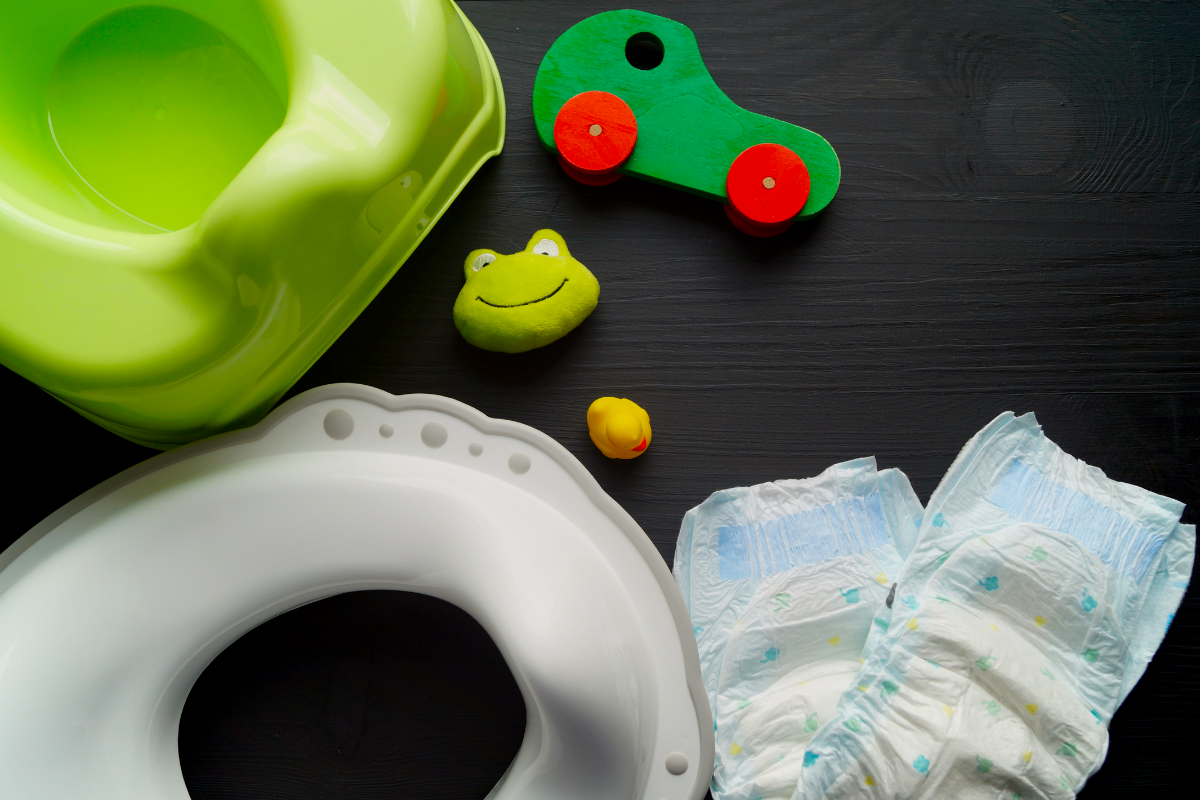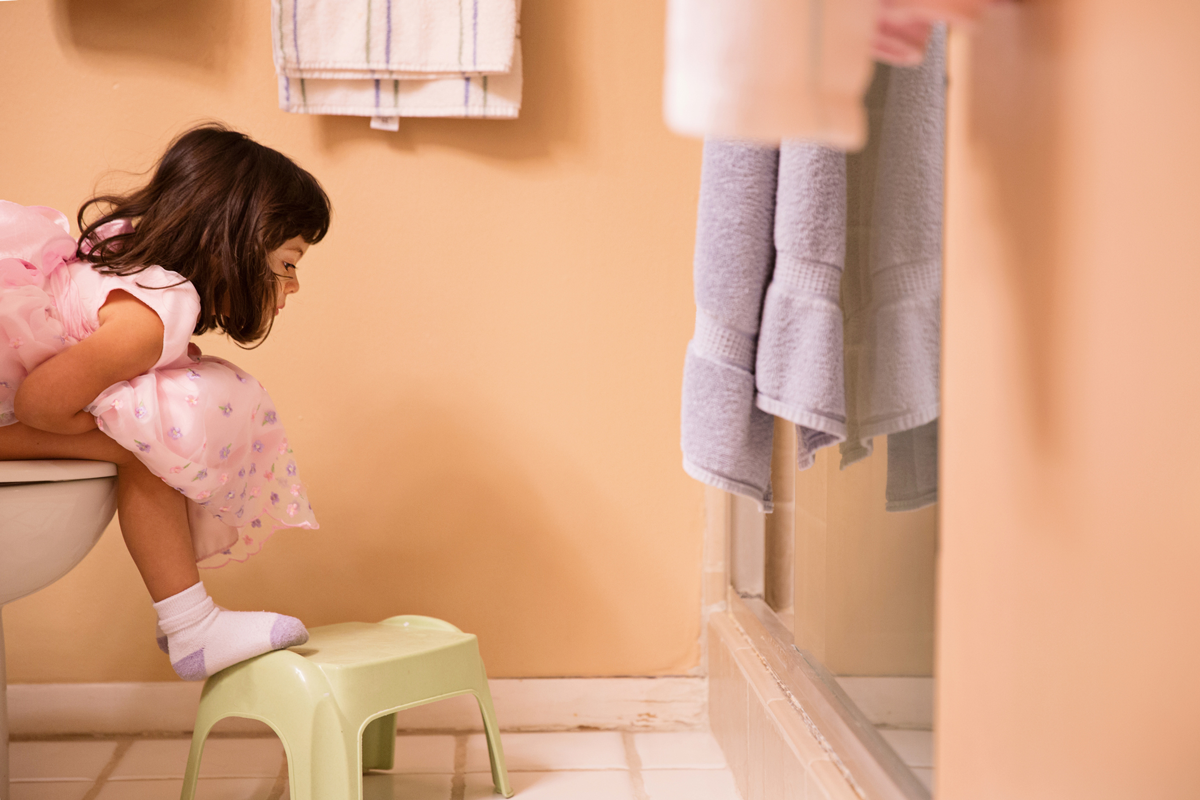Recently, a 9-year-old boy and his parents came to see me because he continues to wet the bed at night. He had been invited to his first sleepover but felt too embarrassed to go because he still wore pull-ups at night and he thought his friends would make fun of him. His parents had tried limiting fluids before bedtime and setting an alarm to wake him up in the middle of the night to go to the bathroom, but those hadn’t worked. They wanted to make sure they were doing the most they could to help their son stay dry at night.
As a pediatric urologist, I see two to three children every day for nocturnal enuresis, also known as bed-wetting. It is a common childhood issue affecting up to 25% of 5-year-olds, 15% of 7-year-olds, and 10% of 10-year-olds.

There are two main types of bed-wetting. Primary nocturnal enuresis is defined as never having been dry at night for longer than six consecutive months. Secondary nocturnal enuresis occurs when a child begins wetting after an extended period of dryness. Here I will focus on primary bed-wetting, as it is the most common type.
While bed-wetting is rarely a symptom of an underlying medical condition, it can contribute to kids feeling isolated, having low self-esteem, and missing out on activities with friends. So, as a parent, it is important to have a better understanding of when to seek help and what treatment options are available.
When should families seek help?
I encourage parents to start discussing treatment options with their pediatrician or a pediatric urologist when it bothers their child. If it is impacting their self-esteem or preventing them from doing desired activities, then it is time to learn more. There is no evidence to suggest that there is an ideal time, or a time by which you need to treat bed-wetting.
Most children outgrow nighttime wetting naturally. Bed-wetting has a resolution or cure rate of about 15% each year, with only 0.5% to 1% of 15-year-olds still struggling with it. The average age at the time of referral in my practice is 9, as most treatment options for bed-wetting are only appropriate at older ages, typically age 7 or older. However, I have patients ranging from 7 to 18 with bed-wetting issues.
One common question I get from parents is “Does my child still wet the bed because I did not nighttime potty train when I daytime potty trained them?”
No! I recommend thinking about nighttime dryness as a completely separate developmental milestone that can take months to years longer for some children. There is no evidence that strongly supports techniques like waking your child at night or suddenly taking pull-ups away to get kids dry at night. It is also not true that their muscles atrophy after a certain age. The same muscles, the pelvic floor muscles, are responsible for bladder control during the day and during the night. If your child is dry during the day, then those muscles are working well.
For younger children, I recommend ensuring that they urinate before bedtime and making sure they are comfortable with the idea of going to the bathroom in the middle of the night. Many kids are afraid of the dark or have separation anxiety, so night-lights and reassuring them that they can always call for assistance can be helpful.
What causes kids to bed-wet at older ages?
While the exact mechanisms behind nocturnal enuresis are not fully understood, it is likely a condition influenced by several risk factors:
- A family history: Although the specific genes have not been identified, studies show a 44% chance of enuresis in children with one parent who wet the bed past age 7 and 77% in those with two parents with a history of bed-wetting.
- Sleep arousal difficulty: Many children who wet the bed are deep sleepers. Parents often report that their children are difficult to wake and are often disoriented when awakened.
- Small functional bladder capacity. This would include daytime symptoms of urinary frequency (needing to pee often) and urgency (needing to pee immediately). Bladder capacity increases with age and growth.
- Other conditions: Constipation, diabetes, some neurologic conditions, ADHD, sleep disorders like sleep apnea, and increased psychosocial stressors can also contribute to bed-wetting. If you believe one of these issues is at play, I’d recommend speaking with your child’s pediatrician.
In addition, our bodies produce a hormone called vasopressin that slows down the kidneys’ production of urine at night, and we know that many children who are bed-wetters do not secrete as much vasopressin, but that can change over time and with age.
Bed-wetting is rarely linked to an underlying medical condition. However, if your child has secondary bed-wetting (i.e. begins bed-wetting after an extended period of dryness at night) or has symptoms of excessive thirst, snoring, chronic back pain, leg pain, recurrent urinary tract infections, or daytime urinary symptoms, your pediatrician may further evaluate and rule out possible underlying medical conditions.
It is important for parents to recognize that bed-wetting is a condition that is likely beyond their child’s control. As much as possible, parents should approach this problem with empathy and support. Creating an environment where the child feels safe to discuss their concerns and experiences helps parents understand when to seek appropriate medical advice or interventions. Shaming or punishing a child for bed-wetting is never appropriate.
What are the treatment options?
I often wish I had a magic wand to make the problem go away, but unfortunately, no such solution exists. However, there are several evidence-based interventions that you can try, working with a pediatrician or pediatric urologist. During my consultations, I typically review four main treatment options with patients.
- Behavior modification: Limiting fluid intake two to three hours before bedtime and ensuring that the child completely empties their bladder are simple adjustments that can be beneficial. Additionally, optimizing daytime urination habits can help as well; this includes peeing every two to three hours, avoiding holding for long periods of time, taking time to empty fully, and addressing any issues of constipation.
- Medications: There are medications patients can use at night to reduce nighttime urine production or relax the bladder muscles to prevent bed-wetting. These medications are typically used as needed for sleepovers, camps, vacations, etc. I consider this option as a temporary fix. While these medications can effectively keep a child dry overnight, they do not address the underlying cause. Therefore, once the medication is discontinued, the bed-wetting may resume.
- The bed-wetting alarm: The bed-wetting alarm is considered the most effective treatment option. It is an alarm attached to a sensor that detects wetness. The sensor is placed in the child’s pull-up or underwear. This device trains the child to wake up at the time of peeing, eventually conditioning the brain to preemptively waken. Parents are instructed to wake their child when the alarm goes off, because many children do not wake up to the alarm, or will turn it off and go back to sleep. Although the exact mechanism of how the bed-wetting alarm helps children stop wetting the bed is unknown, it is the only evidence-based option to treat bed-wetting. It requires commitment from both the child and the parents, as results may take several months to achieve.
- Watchful waiting: If none of the above treatment options are suitable for you and your child, it’s acceptable to watch and wait, as most children outgrow bed-wetting naturally.
The bottom line
Addressing nocturnal enuresis involves a comprehensive approach that acknowledges both the physical and emotional aspects of this common childhood issue. My goal is to empower children and their families with the information and tools needed to manage bed-wetting, recognizing that it takes a lot of patience and understanding from both the children and parents. By showing empathy and exploring appropriate interventions, parents can effectively support their child’s journey toward dry nights, ensuring their well-being and confidence throughout the process.
Community Guidelines


















Log in
I wish I had seen this article about a year ago. My daughter struggled so much with night time bed wetting. She began getting embarrassed and we canceled her overnight camping trip this summer because of it. It was heart breaking and I felt I couldn’t tall to anyone about it because shamefully I felt like I failed as a mom with potty training. It was such a hard time. This article makes my old self feel better lol